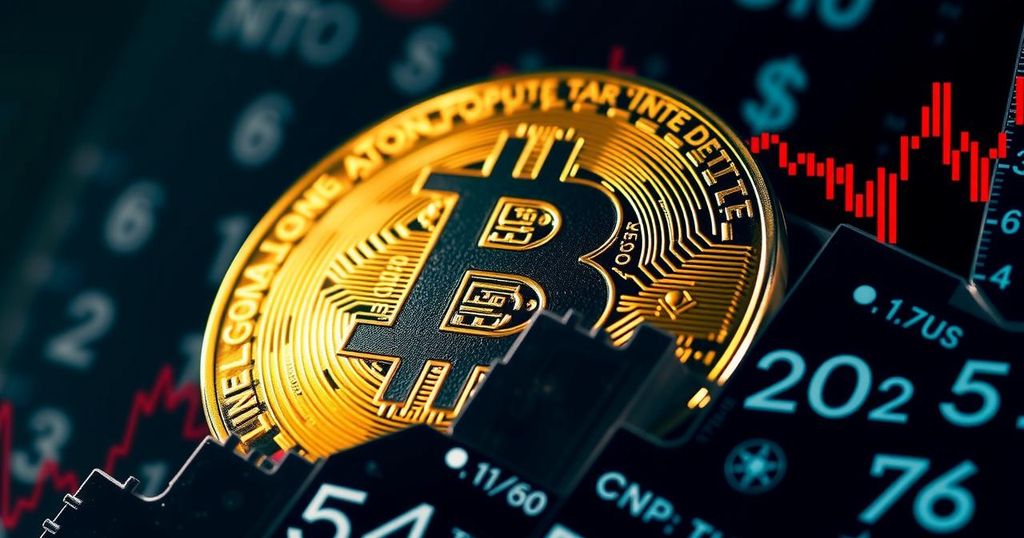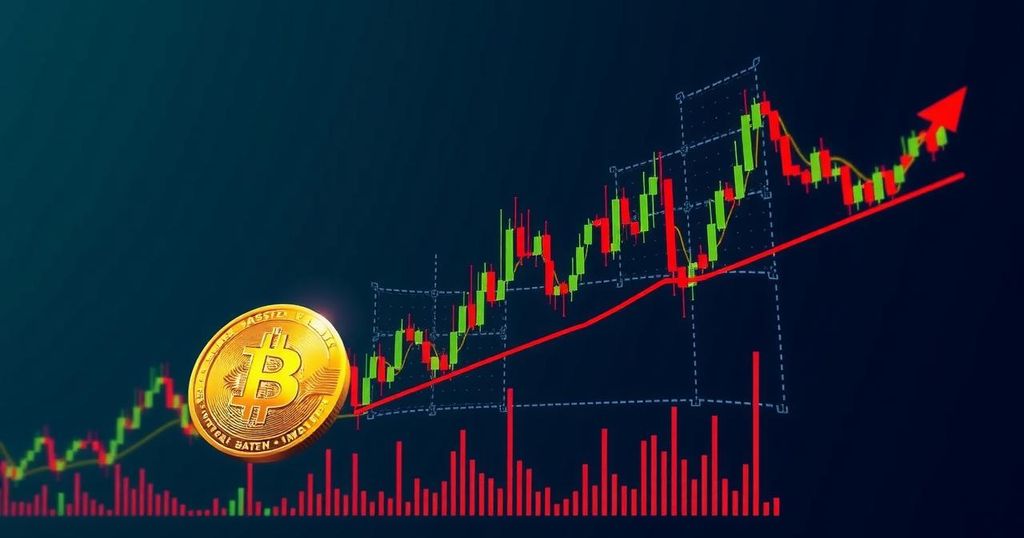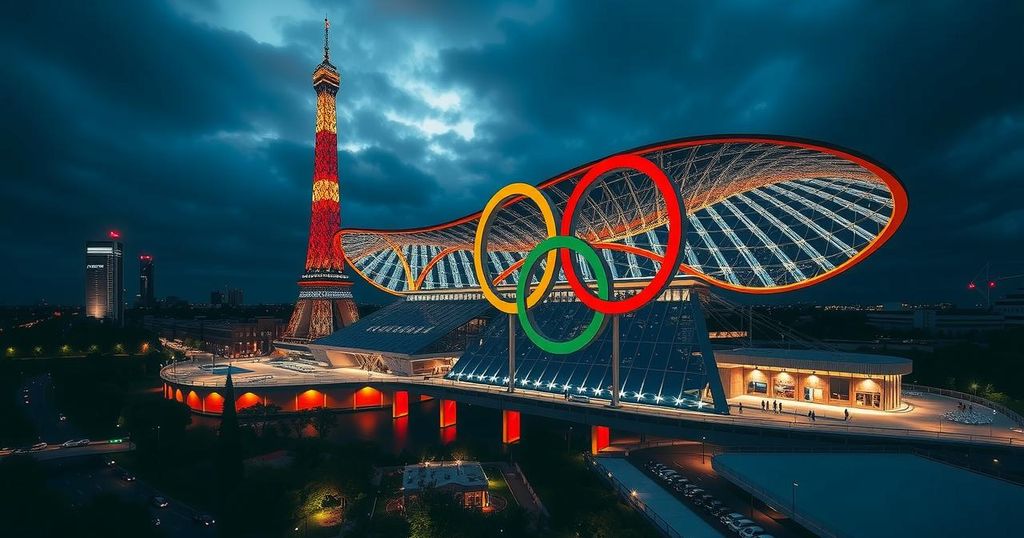Brazil’s Diplomatic Discontent with Venezuela: A Response to Escalated Tensions
Brazil has openly criticized Venezuela for its aggressive rhetoric and personal attacks, particularly following comments regarding Venezuela’s bid to join BRICS amid a backdrop of political tension related to disputed election results. Brazil champions respect and non-intervention in its diplomatic approach to Venezuela, but relations remain fraught as accusations and diplomatic hostility grow.
Brazil’s government recently responded to escalating tensions with Venezuela, expressing surprise at the aggressive tone taken by Venezuelan officials toward Brazil. This reaction followed a series of heated exchanges, where the Venezuelan government directed criticism at Brazil’s foreign relations team and President Luiz Inácio Lula da Silva, who has historically been considered an ally. The Brazilian Foreign Ministry condemned the use of personal attacks and rhetorical escalation, emphasizing that such behavior does not reflect the respectful approach Brazil maintains toward Venezuela. The tensions heightened when a senior adviser to President Lula indicated that Brazil had not supported Venezuela’s application to join the BRICS coalition of developing economies during a recent summit in Russia. This decision aggravated ongoing disputes related to the controversial results of Venezuela’s elections held in July and Brazil’s calls for election transparency. In response, the Venezuelan Foreign Ministry summoned Brazil’s chargé d’affaires to convey its strong rejection of what it termed “interventionist and rude statements” from Brazilian officials. Furthermore, it accused Celso Amorim, former foreign minister of Brazil, of acting as a surrogate for American interests by making assessments about Venezuela’s democratic processes. The Ministry alleged that his comments jeopardized the diplomatic relations between the two nations. Brazil had initially refrained from making public comments to de-escalate tensions. Nonetheless, following the release of a provocative image by Venezuela’s police force, which depicted President Lula with threatening text, Brazil’s Foreign Ministry chose to articulate its position. It reiterated its commitment to non-intervention and respect for the sovereignty of neighboring countries, while also affirming its vested interest in Venezuela’s electoral integrity, defined by prior agreements between Venezuelan authorities and opposition groups. Amorim, in a recent parliamentary hearing, admitted the existing discomfort between Brazil and Venezuela, noting that it largely stemmed from the Maduro administration’s failure to provide detailed election results. He indicated that the resolution of these diplomatic issues would be contingent upon actions taken by the Venezuelan government. Despite claims from Venezuela’s electoral authorities regarding hacking incidents that hindered the publication of results, opposition factions asserted through independent channels that they had compiled evidence contradicting the government’s narrative of a legitimate victory. Brazil’s positioning against including Venezuela in the BRICS summit was also influenced by concerns regarding Venezuela’s current capacities as a constructive member of the bloc. Venezuela’s reactions to Brazil’s diplomatic stance have been severe, comparing Brazil’s actions to U.S. economic sanctions. Amidst these complexities, the interplay between Brazil’s foreign policy and the Venezuelan political crisis remains a focal point of diplomatic discourse in the region.
The article discusses the recently intensified diplomatic tensions between Brazil and Venezuela, highlighting Brazil’s reaction to Venezuela’s increasing criticisms and aggressive rhetoric. The context includes unresolved electoral disputes in Venezuela and Brazil’s decisions regarding Venezuela’s membership in international economic groups, which have strained relations between the two neighboring countries. The article emphasizes Brazil’s diplomatic stance of non-intervention but simultaneously recognizes its involvement due to concerns over election transparency in Venezuela. The broader geopolitical implications of Venezuela’s political situation and its relations with major power blocs such as BRICS are also addressed, illustrating the complexities of regional alliances and the influence of external actors like the United States.
In summary, Brazil’s recent condemnation of Venezuela’s escalating accusatory rhetoric reflects significant diplomatic tensions that have unfolded due to political disagreements and electoral controversies. The Brazilian government underscores the need for respectful bilateral relations grounded in open dialogue, while Venezuelan officials retaliate with harsh criticism of Brazil’s foreign policy. The future of diplomatic relations between these countries will heavily depend on Venezuela’s actions and adherence to commitments regarding electoral integrity and transparency.
Original Source: apnews.com





Post Comment